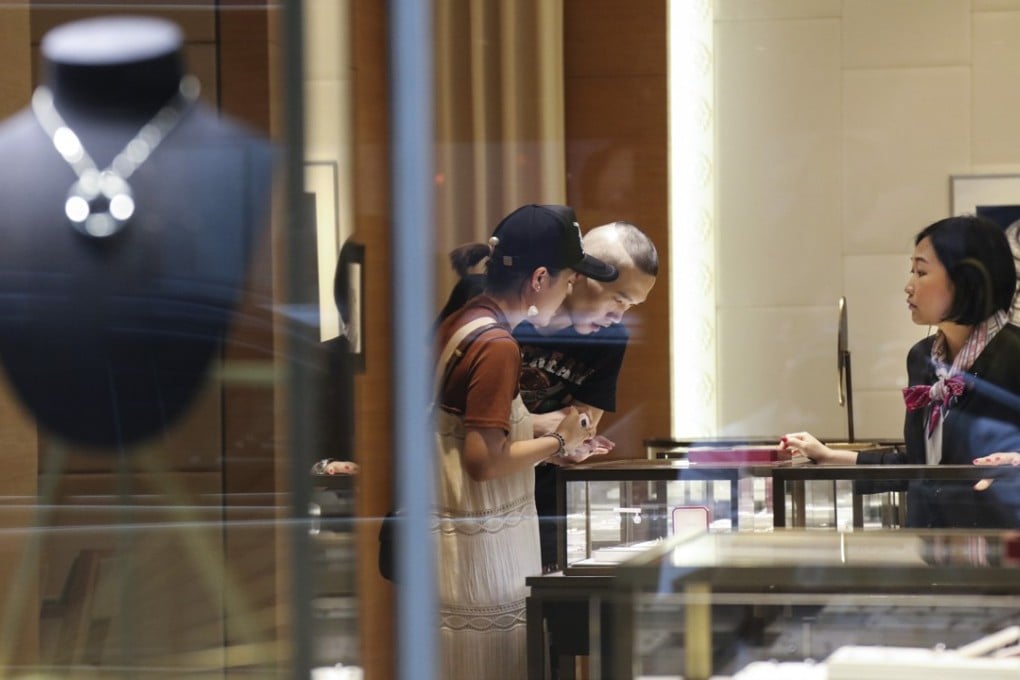Alibaba to spur fresh growth with new services, partnerships as part of its e-commerce platforms
The online shopping giant’s new “88 programme” is backed by 50 top global brands, offering exclusive deals and promotions to top members

Alibaba Group Holding has formed partnerships with 50 top global brands, as the e-commerce powerhouse adds more services in line with its “New Retail” strategy to drive further growth in the world’s second-largest economy.
“E-commerce is not just related to trading of goods,” Alibaba chief executive Daniel Zhang Yong told reporters late on Monday in Shanghai. “Today, consumers’ lifestyle has vastly changed and they need various kinds of services.”
Zhang said Alibaba was making a “groundbreaking move” by offering a range of upscale services on its digital retail platforms to affluent mainland Chinese consumers, which could help redefine how e-commerce is conducted moving forward around the world.
Today, consumers’ lifestyle has vastly changed and they need various kinds of services
He pointed out that mainland consumers’ increased affluence has resulted in soaring demand for high-end travel, entertainment and other value-added services, which Alibaba can meet through its massive retail platforms Taobao Marketplace and Tmall.com.
That strategy would also help drive further growth from the more than 500 million mobile monthly active users across Alibaba’s digital shopping platforms.
Alibaba, which recorded revenue of 158.3 billion yuan (US$23.5 billion) in its fiscal year ended March 31, expected to enhance customer loyalty with the launch of its “88 membership” programme, which is backed by 50 top global brand partners.
The first of those partnerships was announced on Monday, with Alibaba and hotel chain Marriott International forming a joint venture that will deliver more personal digital travel services for mainland Chinese tourists.
“By forming this partnership, we are pairing our hospitality expertise with Alibaba’s digital travel platform, retail expertise and digital payment platform, Alipay, and driving membership to our loyalty programmes,” said Marriott International president and chief executive Arne Sorenson.